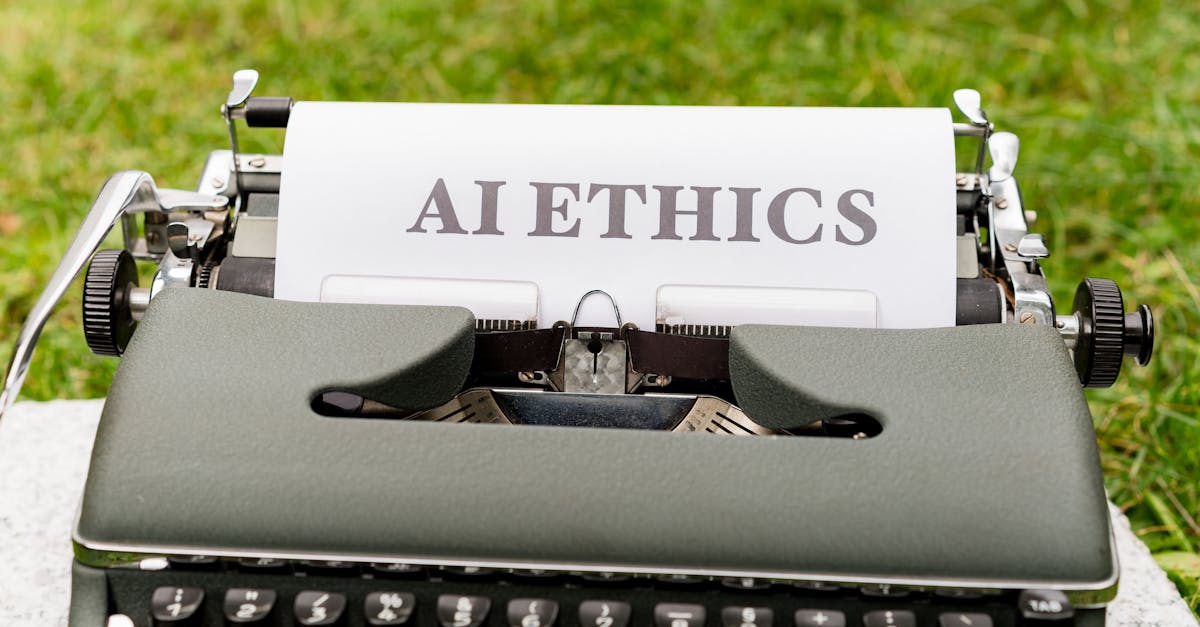
Introduction
Artificial Intelligence (AI) is at the forefront of technological innovation, transforming industries and societies across the globe. However, with rapid advancements come significant challenges and debates over how AI should be regulated. Different nations are grappling with strategies to harness AI’s potential while managing risks associated with its misuse and biases. As AI becomes more integrated into daily life, discussions around its regulation gain urgency and complexity. The global dialogue is driven by concerns over privacy, transparency, and the socio-economic impact of AI technologies. This article delves into the key debates surrounding AI regulations worldwide.
The Need for AI Regulation
The call for AI regulation stems from the technology's profound implications on privacy, security, and societal norms. Experts argue that AI can perpetuate biases found in its training data, leading to unjust outcomes in areas like criminal justice and employment. Furthermore, the absence of regulation poses risks of data misuse and increased surveillance, raising ethical concerns. Countries are considering regulatory frameworks to ensure AI applications are used responsibly and ethically. Balancing innovation with regulation is a critical challenge, as over-regulation may stifle technological advancement, affecting economic growth and competitiveness.
EU Pioneering AI Legislation
The European Union has been proactive in its approach to AI regulation, spearheading initiatives to establish comprehensive legal frameworks. The EU's proposal of the Artificial Intelligence Act aims to classify AI systems based on risk and establish clear guidelines for their use. This pioneering legislation seeks to protect fundamental rights while promoting trust and innovation. The EU’s stance reflects a broader commitment to holding AI accountable, addressing transparency, bias, and data protection. This regulatory approach could set a precedent for AI governance globally, offering a model for other regions to follow.
The United States: A Fractured Approach
In contrast, the United States has adopted a more fragmented approach to AI regulation, relying on a patchwork of state-level laws and sector-specific guidelines. This absence of a unified federal policy presents challenges in addressing AI’s ethical and safety concerns comprehensively. While there are efforts towards a national AI strategy, progress is hampered by negotiations and diverse viewpoints among stakeholders. The private sector plays a significant role, with technology companies often leading self-regulatory efforts. The ongoing debate centers on crafting policies that foster innovation without compromising ethical standards.
Asia's Diverse Regulatory Landscape
Asian countries show varied approaches towards AI regulation, reflecting their distinct socio-economic contexts and priorities. China, with its state-guided model, emphasizes AI as a strategic technology, driving guidelines that facilitate industrial growth while monitoring ethical implications. Meanwhile, countries like Japan and South Korea focus on creating ethical AI frameworks that balance technological development and societal values. India is exploring data-driven regulations to enhance AI’s benefits for public welfare. The diversity in regulatory approaches highlights the different trajectories that Asian nations are following in their AI journeys.
Privacy and Transparency Concerns
A major aspect of AI regulation debates revolves around privacy and transparency, given AI’s reliance on vast datasets. Concerns arise over data privacy, consent, and the opaque nature of AI decision-making processes. Advocates call for mechanisms that ensure user understanding and consent, preventing misuse of personal information. Ensuring transparency in AI algorithms is crucial to gain public trust and avoid potential discriminatory practices. International dialogues focus on creating standards that enhance accountability and clarify the ethical deployment of these powerful technologies.
The Impact on Employment and Labour Markets
AI’s growing presence significantly impacts employment and labor markets, sparking debates over job displacement and economic inequality. As automation technologies replace traditional roles, regulations are needed to address workforce transitions and reskilling initiatives. Critics argue that AI could exacerbate existing inequalities, with disadvantaged groups disproportionately affected. Policymakers are urged to explore frameworks that safeguard worker rights and promote fair economic opportunities. The dialogue emphasizes the need for policies that anticipate AI’s socio-economic impacts, balancing advancement with equitable growth.
Ethical AI: Balancing Innovation and Responsibility
The conversation around AI ethics emphasizes the importance of developing technologies that align with human values and ethical principles. As AI systems possess the potential for significant influence, stakeholders advocate for design principles that respect user autonomy and mitigate harmful impacts. There is a push for establishing clear ethical guidelines and accountability frameworks that guide AI development. Aligning innovation with ethical responsibility requires collaborative efforts from governments, industries, and civil society organizations. This discourse continues to evolve, highlighting the importance of ethical considerations in shaping AI’s future.
Future Directions in AI Regulation
Looking ahead, global consensus on AI regulation remains a complex challenge, requiring collaboration among nations and diverse stakeholders. Emerging frameworks must address new ethical dilemmas and adapt to technological advancements in real-time. Future regulations are likely to focus on dynamic governance models that accommodate AI’s rapid evolution, emphasizing flexibility and ongoing dialogues. International cooperation is crucial in harmonizing standards and addressing cross-border challenges. As AI technologies mature, societies must adapt their regulatory approaches to ensure these innovations contribute positively to global progress and human welfare.
Conclusion
Globally, AI regulation debates are at a critical juncture, requiring thoughtful engagement from policymakers, technologists, and communities. While different countries follow varied approaches, the universal goal remains to foster innovation responsibly and ethically. Finding common ground amid differing priorities and perspectives is crucial to developing cohesive AI governance frameworks. As AI continues to shape societies, these discussions will remain pivotal in determining how such transformative technologies are harnessed. Ultimately, responsible AI regulation holds the key to unlocking AI’s full potential while ensuring its benefits are equitably distributed.